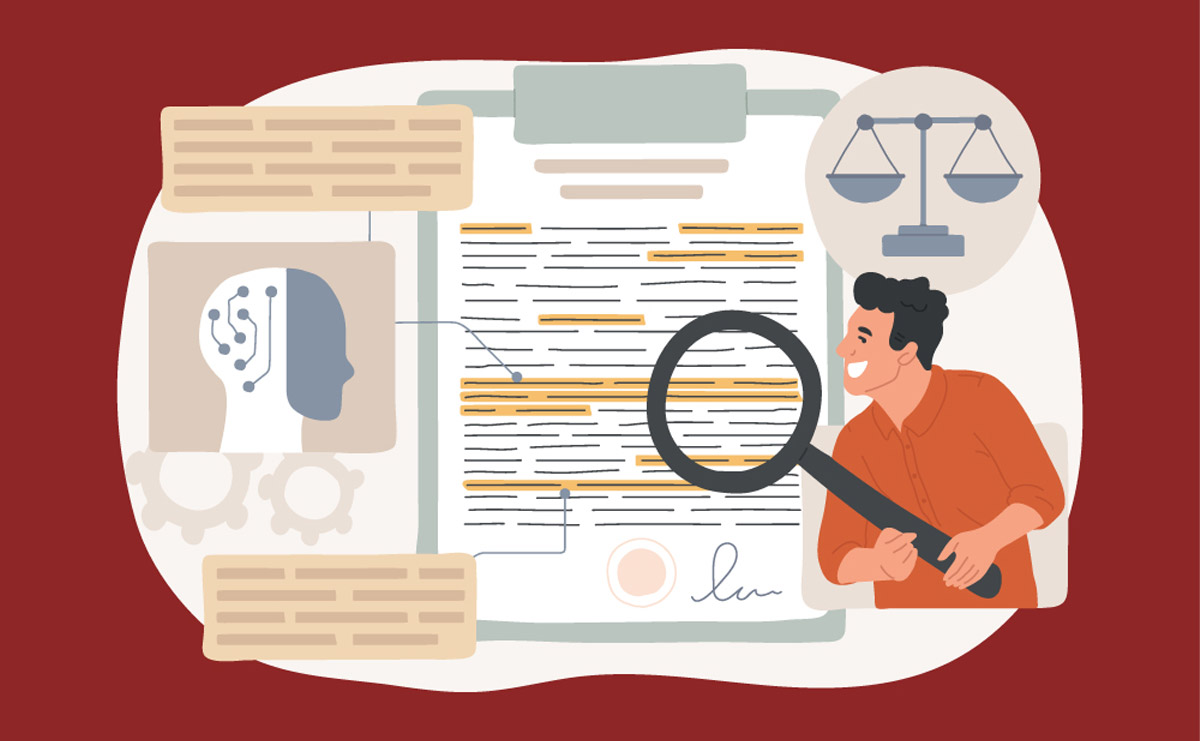Gap Creditor
A “gap creditor” is someone who extends credit or lends money to a debtor during the period between filing an involuntary bankruptcy petition and entering the order for relief. The order for relief is a court order that officially starts the bankruptcy case and triggers an automatic stay, which temporarily halts most creditor actions against the debtor or the debtor’s property.
During this gap period, creditors might be cautious about providing additional credit to the debtor, as they know of impending bankruptcy proceedings. However, in some cases, creditors may still be willing to extend credit during this time. Generally, the claims of gap creditors are regarded as having accrued before the date of the filing of the petition. They cannot be deemed as having occurred during the administration of the estate.
The decision of a creditor to extend credit during this gap period can depend on various factors, including the creditor’s assessment of the debtor’s financial situation, the likelihood of a successful bankruptcy case, and the potential for recovering the debt. Creditors may weigh the risks and benefits of extending credit during this time, considering the automatic stay that will be triggered once the order for relief is issued.
The treatment of debts incurred during this gap period can vary depending on the specifics of the bankruptcy case, and it is subject to the bankruptcy laws and regulations in the relevant jurisdiction. Sometimes, debts incurred during this period may be treated differently than pre-existing debts in the bankruptcy proceedings. The bankruptcy court will assess the nature of these debts, the circumstances surrounding their incurrence, and whether they should be prioritized or treated similarly to other claims.
Overall, the concept of gap creditors adds complexity to the bankruptcy process and highlights the challenges and considerations for both debtors and creditors during this critical period. It underscores the need for a thorough understanding of bankruptcy laws and regulations to navigate the intricacies of such proceedings.



